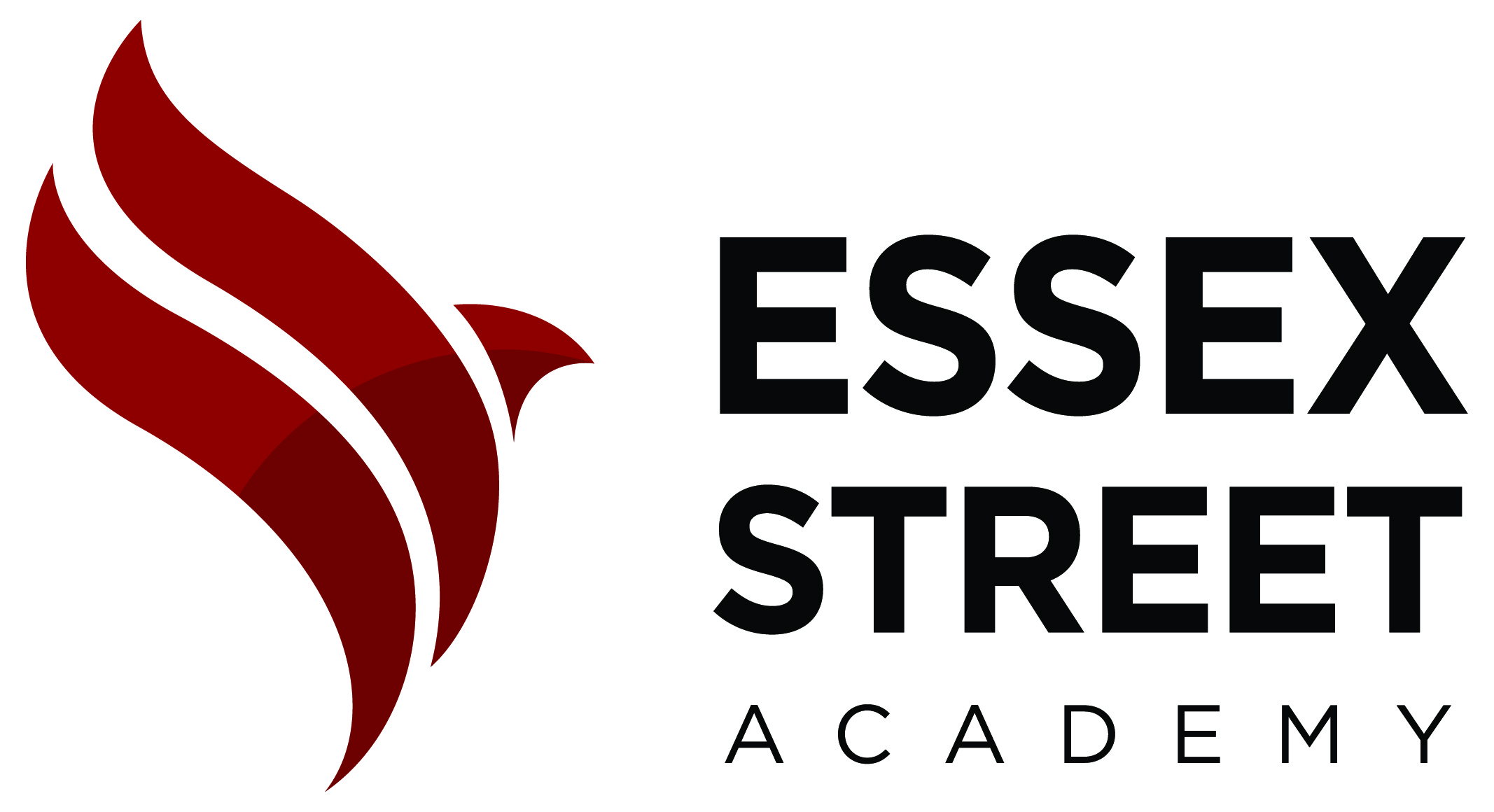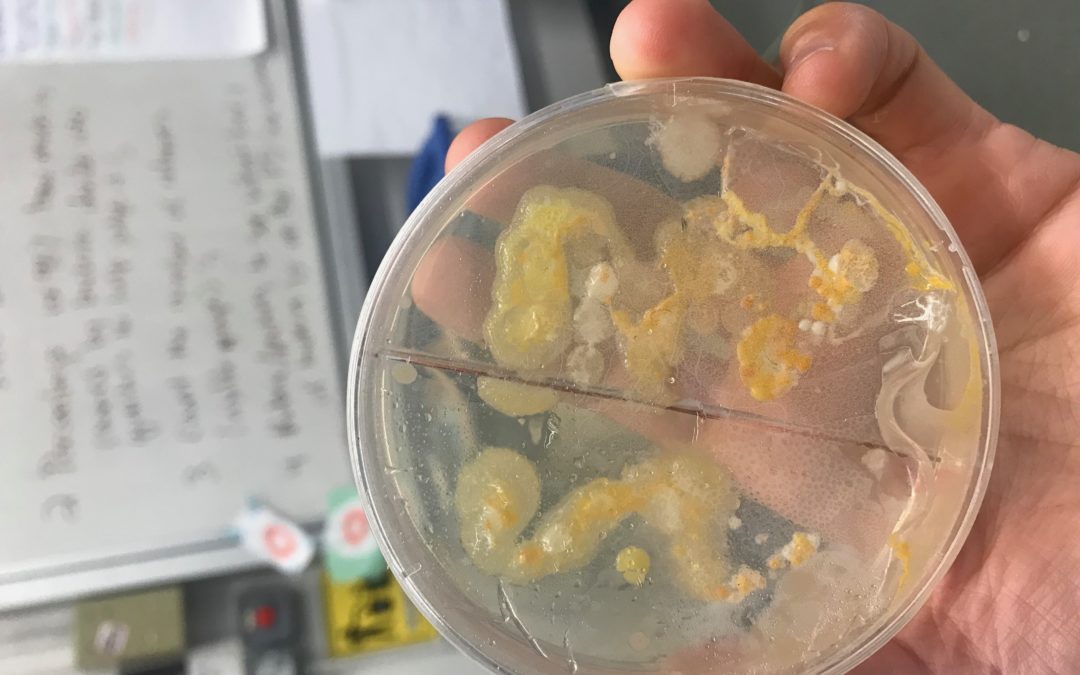Microbiology is a course I designed 2 years ago that introduces students to the microbes that we all share our lives with. With more of the cells on your body belonging to microbes than to you, these tiny living things have a huge impact on our health that scientists are really just starting to fully explore.
One thing I love about this course is that it allows students to design and carry out experiments in groups. In our second unit, which we just started, students learn about the immune system and pathogenic bacteria. We then think about all the things we do- from washing our hands to taking antibiotics- to protect ourselves from pathogens. Students then design experiments to test out the effectiveness of one of these things. The process allows them to be fully emerged in the scientific process and to learn how scientific experimentation is used to answer questions and, as often happens, create even more questions.
While I feel like this project is authentic to the discipline of science, I want to find ways for students to be fully invested in their experiments and really see them as their own. I want to use personal authenticity to help them build deeper connections between themselves and their work. While students have designed their own experiments in the past, they were connected to their lives in more shallow ways. This semester, I want students to think about the beliefs that they, their families, and professionals may hold and where these beliefs differ. We will then use science to test them out!
Based on this, my problem of practice for the semester is, how might we get students to design experiments on protecting themselves from pathogens based on their interests and experiences that test their personal beliefs, values of views?


Rosa – I love your classroom and your projects sound like so much fun. I’m wondering what personal beliefs or views students may have that may affect how protected they are from pathogens or how they can design an experiment around it? What are some examples of this?